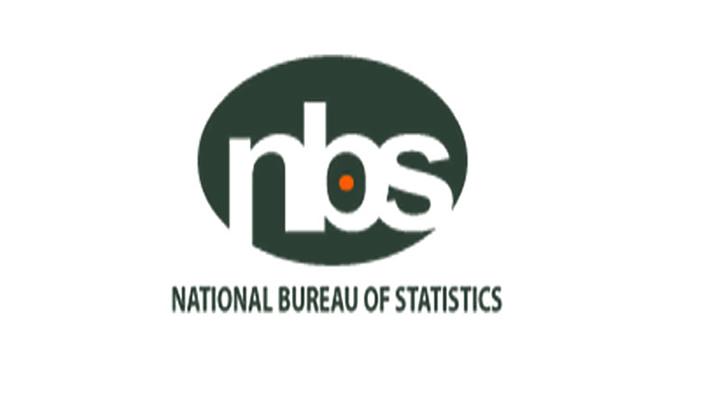
Nigeria recorded a significant trade surplus of N7.46 trillion in the second quarter of 2025, driven by a sharp rise in export activities, according to the latest figures released by the National Bureau of Statistics (NBS).
The country’s total exports for the quarter hit N22.75 trillion, while imports came in at N15.28 trillion, resulting in the highest quarterly trade surplus in recent years.
Overall trade transactions for the period stood at N38.03 trillion, representing a 20.05% jump compared to the N31.68 trillion reported in Q2 of 2024, and a 5.59% increase over the N36.02 trillion recorded in the first quarter of 2025.
Crude Oil Still King, But Non-Oil Exports Gain Ground
Crude oil remained Nigeria’s top export, contributing N11.96 trillion or 52.6% of total export earnings in Q2. However, the report also highlights a growing contribution from non-crude oil exports, which stood at N10.78 trillion, accounting for 47.4% of export volume.
Among the non-oil segment, non-oil products raked in N3.04 trillion, roughly 13.4% of all exports for the quarter reflecting continuing efforts to diversify Nigeria’s revenue base beyond hydrocarbons.
Key Export Markets: Spain, India Lead the Pack
On the export destinations chart, Spain emerged as Nigeria’s top buyer during the period, purchasing goods worth N2.47 trillion, representing 10.85% of the country’s total exports.
Close behind were:
- India: N1.98 trillion (8.71%)
- France: N1.62 trillion (7.13%)
- The Netherlands: N1.54 trillion (6.75%)
- Canada: N1.43 trillion (6.27%)
Collectively, these five nations accounted for nearly 40% of all Nigerian exports in the quarter under review.
On the import side, mineral fuels led the chart with a total value of N4.43 trillion, representing 28.95% of all imports. This was followed by:
- Machinery and transport equipment: N4.34 trillion (28.38%)
- Chemicals and related products: N2.46 trillion (16.10%)
China maintained its dominance as Nigeria’s largest import source, with imports totaling N4.96 trillion, or 32.45% of all imports.
Other major import partners included:
- United States: N2.16 trillion (14.12%)
- India: N901.48 billion (5.90%)
- The Netherlands: N606.82 billion (3.97%)
- United Arab Emirates: N536.09 billion (3.51%)
What This Means for Nigeria’s Economy
The latest trade figures signal positive momentum for Nigeria’s economy, especially in terms of foreign exchange inflows, external reserves, and GDP growth projections. Analysts say the combination of strong crude oil earnings and rising non-oil exports offers a rare dual-engine for recovery in the face of inflation and currency pressures.
However, the import data also reveals ongoing dependence on foreign machinery, fuel, and industrial goods, raising questions about domestic capacity and the urgency of industrial reforms.
With Nigeria’s digital economy, taxation reforms, and new trade policies under review, stakeholders will be closely watching subsequent quarters for signs of sustained improvement or potential vulnerabilities.



